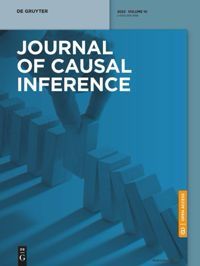

👩🏻💻 Lots of massive data wrangling and careful assumptions about mobility data needed - but check it out here! doi.org/10.1177/0042...

👩🏻💻 Lots of massive data wrangling and careful assumptions about mobility data needed - but check it out here! doi.org/10.1177/0042...

www.sciencedirect.com/science/arti...
#ComplexSystems #NetworkScience #Medicine #MedSky 🧪🧬🌐
🧵 1/

www.sciencedirect.com/science/arti...
#ComplexSystems #NetworkScience #Medicine #MedSky 🧪🧬🌐
🧵 1/

neighbourhoods may be missing important processes operating household level (Catney et. al, 2023).

neighbourhoods may be missing important processes operating household level (Catney et. al, 2023).
«Las casas están vacías mientras cada vez hay más gente sin casa. ¿Quien se está beneficiando?»
flashbak.com/london-squat...

«Las casas están vacías mientras cada vez hay más gente sin casa. ¿Quien se está beneficiando?»
flashbak.com/london-squat...

LASPATED: a Library for the Analysis of SPAtio-TEmporal Discrete data () We describe methods, tools, and a software library called LASPATED, available
on GitHub (at https://github.com/vguigues/) to fit models using spatio-temporal
data and space-time discretization. A video tutorial for t
LASPATED: a Library for the Analysis of SPAtio-TEmporal Discrete data () We describe methods, tools, and a software library called LASPATED, available
on GitHub (at https://github.com/vguigues/) to fit models using spatio-temporal
data and space-time discretization. A video tutorial for t

Dinosaurs lived on the other side the Galaxy.
Dinosaurs lived on the other side the Galaxy.


www.cambridge.org/core/journal...
www.cambridge.org/core/journal...


At 430 pages, this book provides a practical, hands-on guide to scalable geospatial analytics and visualization using DuckDB. All code examples are open-source and freely available on GitHub.

At 430 pages, this book provides a practical, hands-on guide to scalable geospatial analytics and visualization using DuckDB. All code examples are open-source and freely available on GitHub.

restofworld.org/2025/data-ce...

restofworld.org/2025/data-ce...
My column this week is about why government needs to go beyond calling out language/rhetoric about racism + act on it
www.theguardian.com/politics/202...

My column this week is about why government needs to go beyond calling out language/rhetoric about racism + act on it
www.theguardian.com/politics/202...


